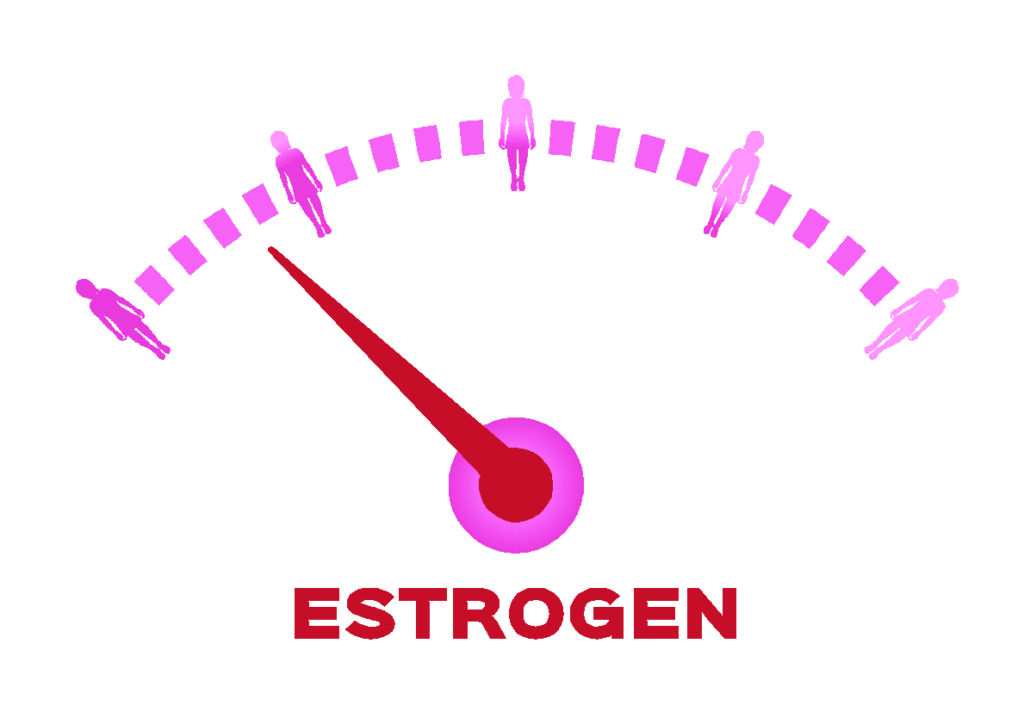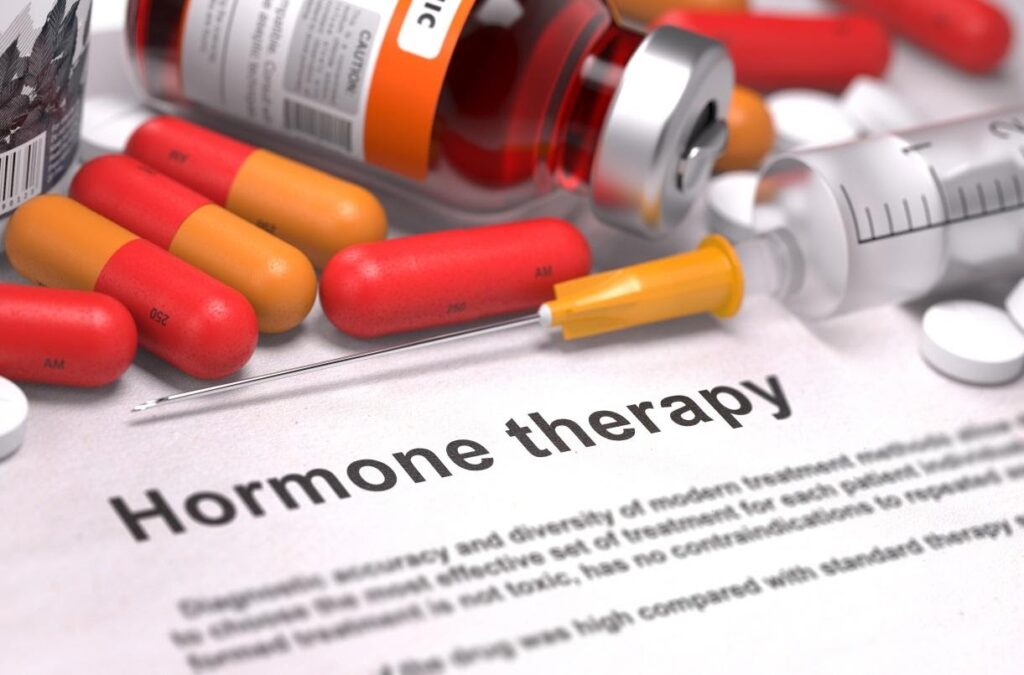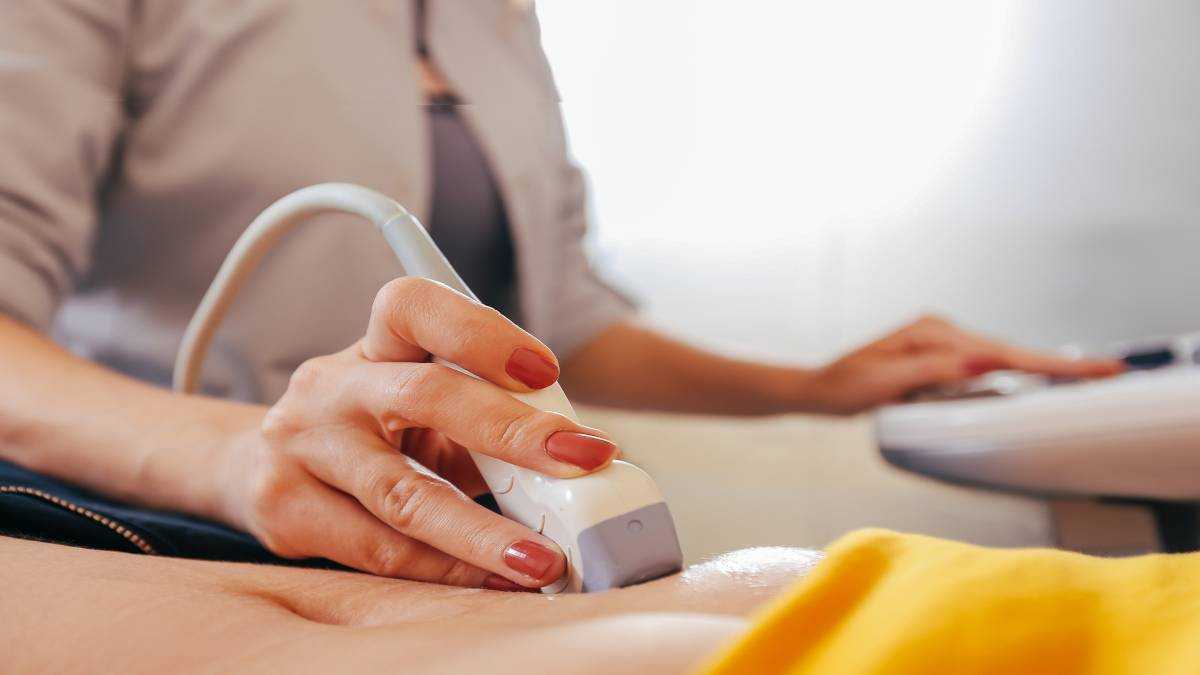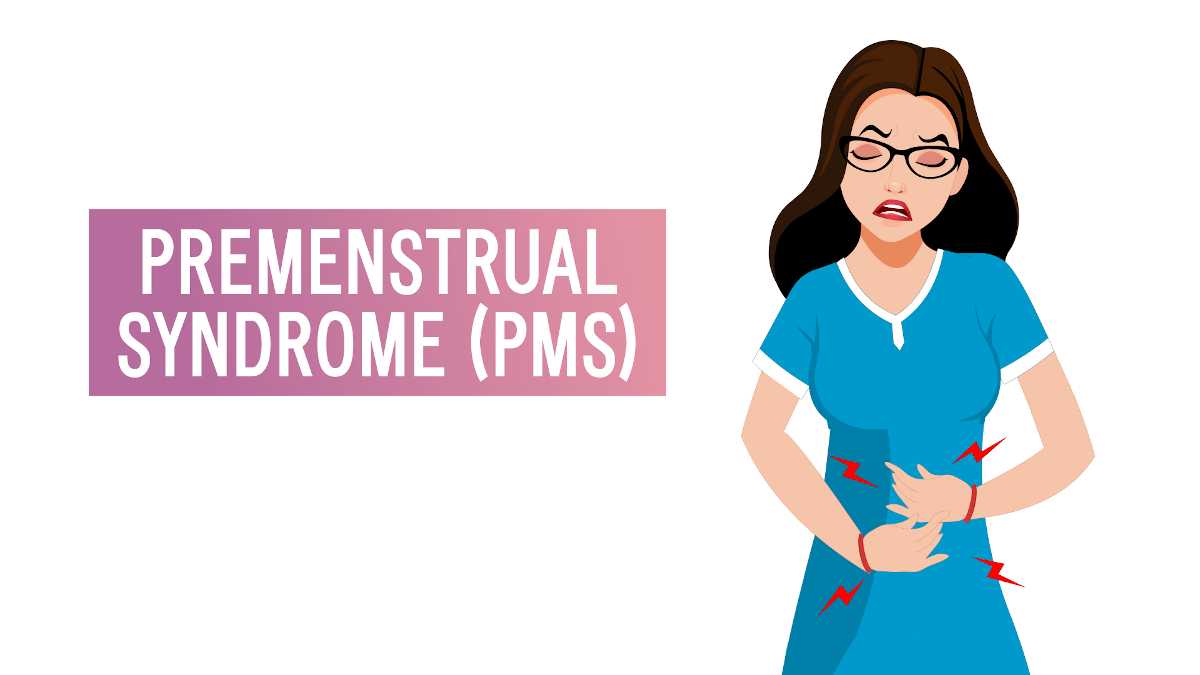Estrogen is one such important hormone present in the human body.
Though it is present in both male and female bodies, female bodies produce comparatively larger quantities of estrogen as compared to males.

What is hypoestrogenism?
Hypoestrogenism, or estrogen deficiency, refers to a lower than normal level of the hormone estrogen. Estrogen is the primary sex hormone in women.
Why are adequate levels of estrogen a necessity?
Estrogen plays a very important role in the development and maintenance of a female human body. Some of the functions the hormone estrogen is responsible for performing are as follows:
- Regulates bone health
- Regulates cholesterol metabolism
- Leads to breast development in adolescent and pregnant females
- Leads to the sexual development of girls when they reach puberty
- It regulates factors such as body weight, food intake, insulin sensitivity, glucose metabolism, etc.
- Enables control of the uterine lining during menstrual cycles and pregnancy
What are the causes of low estrogen?
Since estrogen is produced in the ovaries, any circumstances that affect the ovaries lead to a counter effect on the production of estrogen. Low levels of estrogen production in the body are linked to the following reasons:
- Chronic kidney disease
- Turner Syndrome
- An abnormally functioning pituitary gland
- Excessive exercise
- Extreme dieting
- Ovarian cysts
- Family history of hormonal issues
- Anorexia or other such eating disorders
- Premature ovarian failure
- Genetic defects
- Autoimmune medical conditions
Low levels of estrogen in women around the age of 40 are a sign of perimenopause. This means that the woman is approaching menopause. The ovaries gradually reduce the levels of estrogen production when approaching menopause. When estrogen production in the body has altogether stopped, the stage is known as menopause.

What are the symptoms of low levels of estrogen in the body?
Adolescent women who are yet to reach puberty and women that are approaching menopause are most likely to have inadequate levels of estrogen in their body. However, low levels of estrogen can be experienced by women of all age groups. Common symptoms are:
- Due to the lack of vaginal lubrication, sex becomes painful.
- Hot flashes
- Mood swings
- Headaches
- Depression
- Fatigue
- Difficulty in concentrating
- Tenderness in the breasts
- Irregular or an absent menstrual cycle
- Because the urethra is thinning, you become more prone to contracting urinary tract infections.
- Bones become more prone to injury and fracture due to a decrease in bone density.
- If not treated, low estrogen levels can also lead to infertility in women.
How is low estrogen diagnosed?
A timely diagnosis of low estrogen levels will enable the prevention of a lot of health problems. It is thus recommended that you visit a trained medical professional as soon as you notice one or more symptoms mentioned above. The doctor will start by studying your medical history and any family history of hormonal conditions. He/she will also recommend certain blood tests and will perform a physical examination. In some cases, the doctor will advise a brain scan and a DNA test to check for any abnormalities in the endocrine system.

How is low estrogen-treated?
Low estrogen levels once diagnosed with the various blood tests, will need to be replaced in certain situations. This may be done by the gynaecologist or endocrinologist by prescribing combined hormonal pills or estrogen-containing pills depending on the symptoms, age, and other risk factors. Estrogen may be given orally, vaginally, or topically. This may be specially required for reducing the risk of cardiovascular diseases, bone loss, and hormonal imbalances.
In some cases, especially in cases of women approaching menopause, doctors may recommend hormone replacement therapy.
However, it is advised to consult a specialist doctor in this regard and follow the advice given on an individual basis.
Special thanks to Dr. Aruna Muralidhar (MD, MRCOG, FRCOG (UK)) for the expert advice.







